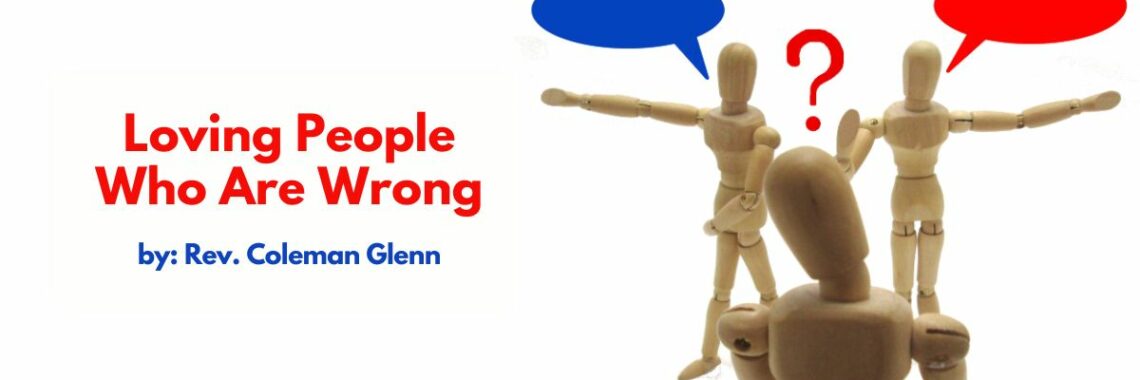As the election gets closer, tensions increase. We all know people whose political views seem misguided. We are called to love even our misguided neighbors. But how do we do that if they hold views that seem wrong and even harmful?
The parable of the Good Samaritan (Luke 10) can offer guidance. Through the parable, the Lord declares that a Samaritan - an enemy of the Jews - who helps a wounded man is more the neighbor than a fellow Jew who ignores the wounded man. It is love, not nationality, that defines the neighbor.
What we may not realize is that the common dislike of Samaritans was not simple xenophobia. The Samaritans lived in the territory formerly held by the northern tribes of Israel. They had adopted some, but not all, of the religion of the Old Testament, rejecting the authority of any Biblical books other than the five Books of Moses. They worshipped at Mt. Gerizim rather than Jerusalem. They were not just different from the people of Judah - they followed a corrupted version of Judaism. They were wrong.
How can we learn from this? First, we can remember an interaction the Lord had with a Samaritan woman on another occasion (John 4); she asked where the right place to worship was, and Jesus indicated that both the Samaritans and the Jews had incomplete answers. We can be reminded that we almost certainly have some things wrong too.
The parable also calls us to shift our focus away from the ideas that our neighbors get wrong, and instead look for the ways that they might be coming from love, even if the ideas they espouse do not seem likely to result in true charity.
This doesn’t mean we have to pretend they are perfect or that their ideas are right. When Noah became drunk and exposed in his tent, his sons Shem and Japheth walked backwards into his tent to avoid seeing him - but they still covered him (Genesis 9). In the internal sense, this means not focusing on neighbors’ faults and yet still trying to amend them.
But we need to do this with humility, acknowledging the beam we may have in our own eyes and accepting that the person may not be in a place to hear. This was the attitude the ancients had when instructing each other about matters of faith:
“In these they instructed one another, which was among their works of charity; nor were they indignant if one did not accede to the opinion of another, knowing that everyone receives truth so far as he is in good.” (New Jerusalem and Its Heavenly Doctrine 9)
We may be wrong, or we may be right. Either way, we can love those who disagree.

